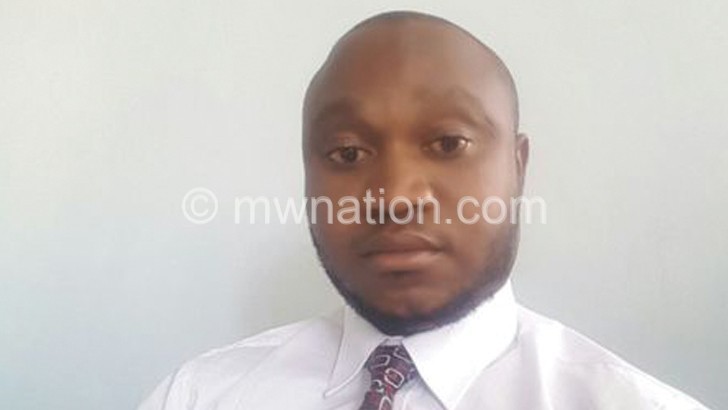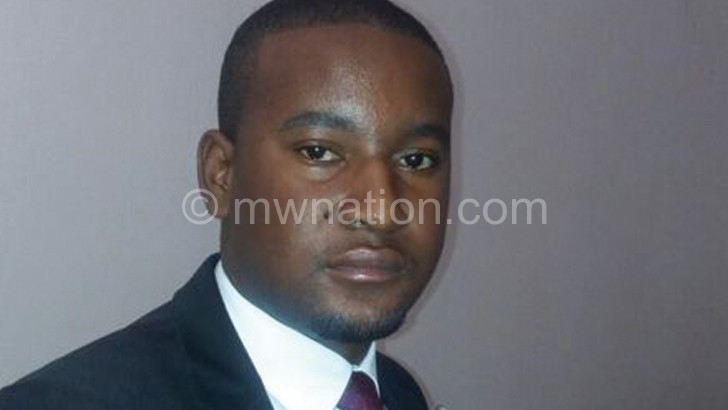Economists, consumers want long-term solution to blackouts
Economists and consumers have said while there may be other issues equally important to tackle in the forthcoming budget, government must consider coming up with long-term solutions to the current power challenge in which newly-formed Energy Generation Company (Egenco) is producing less than half of the 351 megawatts (MW) installed capacity.
Catholic University head of economics department Gilbert Kachamba on Tuesday said while fighting corruption and enhancing the agriculture sector are likely to feature highly in the 2017/18 budget, the energy crisis needs to be tackled as a matter of urgency because it is at the core of a functioning private sector.
He said: “These blackouts will affect output from the manufacturing sector,” said Kachamba.

Figures from the Ministry of Natural Resources, Energy and Mining indicate that Malawi has potential to produce over 2 100MW of electricity, which is enough to drive the mining sector and support other industries such as manufacturing and large-scale farming.
However, Malawi continues to suffer deficits in almost all areas of energy as demand continues to outpace supply and there seems to be a laissez faire approach by government to deal with the energy crisis, observers say.
This is despite the second Malawi Growth and Development Strategy (MGDS II) review report indicating that power is critical to the development of the country.
The report showed that lack of equipment and technical-know, low investments in off-grid electricity technologies and low levels of adoption of alternative sources of energy have constrained the sector.
According to the report, capacity still remains lower than peak demand despite addition 64MW from phase II of Kapichira hydropower plant in Chikwawa.
Research analyst at Alliance Capital Limited Bond Mtembekeza, in an interview on Tuesday, agrees that the greater risk this year and going forward remains the electricity outages which, if left unchecked, will hamper domestic resource mobilisation on account of a slower economy.
“The economy is making steady progress towards a recovery. We still don’t have meaningful commitment from donors that means we will predominantly finance the budget with local resources. However, the greatest risk is that should the blackouts continue, we should expect a rather slower economy,” he said.
A slower economy could mean less domestic revenue-both tax and non-tax revenue-which would mostly have to come from individual and organisation incomes.

In the same vein, Blantyre International University (BIU) economics lecturer Salim Mapila said intermittent blackouts will not help in building capability for Malawi industries.
He said as a result, more and more industries will close down as they will be forced to pay taxes despite a slowdown in production.
“This indeed must be seriously looked into, especially now that government is relying on domestic resource mobilisation to finance the budget. It is the industries that pay more taxes to government, if they close down, it will impact on government too,” he said.
Malawi Confederation of Chambers of Commerce and Industry (MCCCI) recently decried insufficient power supply which has resulted in reduced capacity and increased overhead costs as they have to use diesel-powered generators for production.
Consumer Association of Malawi (Cama) executive director John Kapito, University of Malawi’s The Polytechnic economics lecturer Alick Kaumba and Chancellor College economics professor Ben Kaluwa have all agreed on the need to have the energy crisis as the single most important issue around which the next budget should be formulated.
But other analysts have a broader look at the next budget’s major issues.
Market analyst Cosmas Chigwe said the 2017/18 budget still needs to focus on irrigation, fiscal discipline, addressing the electricity woes and national identity cards which will help increase financial access.
“We need to cushion ourselves from shocks caused by natural disasters such as droughts as occurrences of these almost mean certain doom for good economic growth at the moment. In the 2016/17 budget, about 10 percent of the entire budget was allocated towards irrigation initiatives and as a country we need to start seeing action on the ground.
“The current situation of electricity suggests the need for government intervention. It should, therefore, be expected that the budget has to talk about improving electricity supply in the country. Most of the possible alternatives would, however, likely mean increased cost of electricity, but I am sure in the current situation, Malawians would readily take on the inflationary consequences,” he said.
Electricity Generation Company (Egenco) chief executive officer William Liabunya last week said they are exploring alternative sources of energy such as solar, coal and diversifying hydro from the Shire River.
“As a company, we see our role of leading in power generation and generating power for generations to come. Our hope is not just in natural phenomenon alone or hoping for more rainfall, but the vision that both government and Egenco have for the entire power sector,” he said.
Minister of Natural Resources, Energy and Mining Bright Msaka also called for Egenco to invest in power generation.
He said government would want to see Egenco alongside Independent Power Producers (IPPs) venture into in solar, coal, windand whatever technology exists. n




